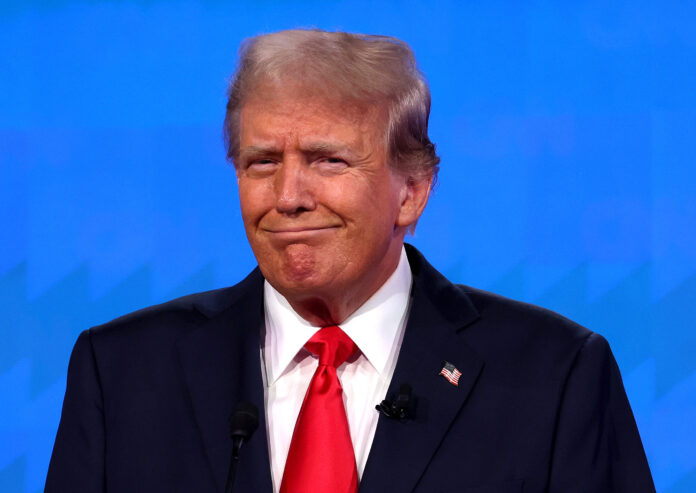Key Falsehoods or Claims: In his Easter message, Donald Trump made several false claims and attacked his political enemies. He falsely accused the media of spreading fake news, claimed credit for the COVID-19 vaccines, and made baseless allegations of election fraud.
Source: The Irish Star is a neutral outlet, providing news coverage without a clear political bias.
Analysis of Impact on Public Opinion and Threat to Democracy: The spread of these falsehoods and conspiracy theories by the President has shaped public opinion by fueling distrust in the media and the democratic process. Polling data has shown that a significant portion of the population believes in Trump’s election fraud claims, which poses a threat to the foundations of our democracy.
Hypothetical Public Reactions: The dissemination of these falsehoods could lead to further polarization and division within the country, as well as potential erosion of trust in democratic institutions. It could also influence voter behavior in future elections, as some individuals may base their decisions on misinformation.
Further Reading: For further reading on the impact of media influence and misinformation, reputable sources such as The Atlantic, The New York Times, and academic studies on misinformation and its effects on democracy can provide valuable insights.
Overall, it is clear that the dissemination of lies, conspiracy theories, and attacks on political enemies by Donald Trump in his Easter message have significant implications for public opinion and the health of our democracy.
Source link
Redirect URL
